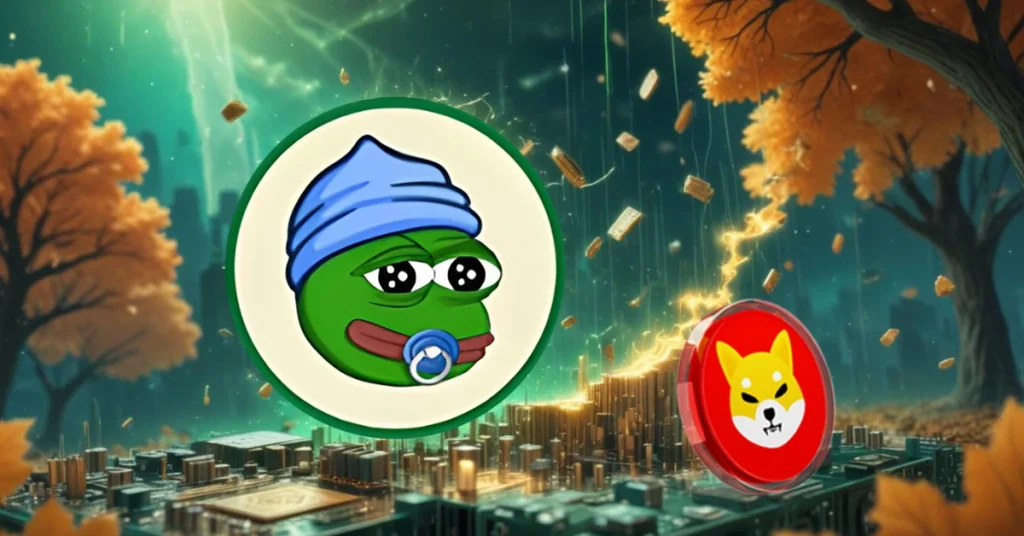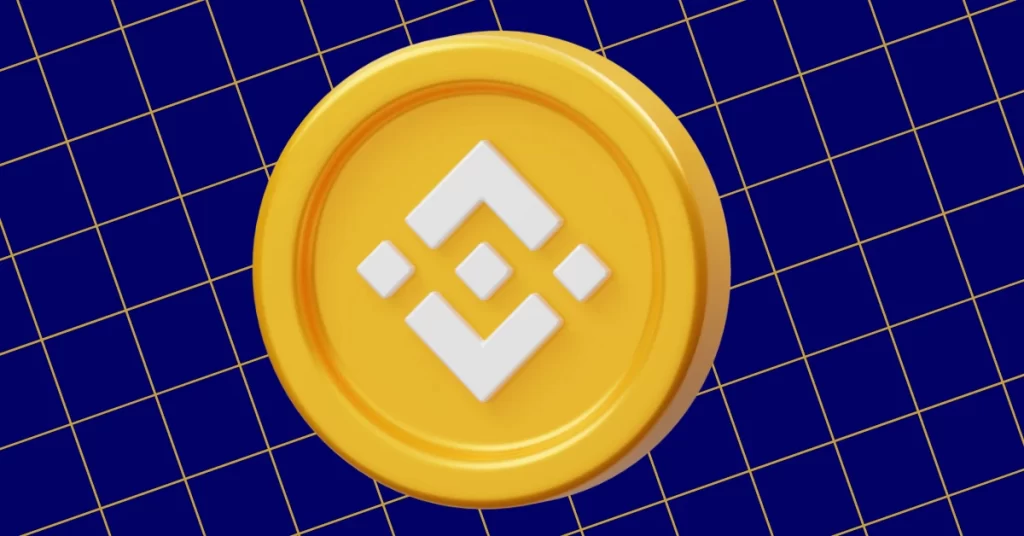
A nightmare for NFT collectors. In April 2021, Web3 influencer Farokh Samad forgot the seed phrase (password) of a wallet that held 87 NFTs, including the highly prized “Bored Ape Yacht Club” NFT. It’s gone.
The value of the NFTs held was about 250 Ethereum (about $ 850,000, about 116 million yen) at the time, but it became practically worthless. Without the seed phrase, you cannot access your wallet and you cannot sell your NFTs.
Samad is no exception. Many NFT collectors create wallets to buy NFTs and lose their seed phrases. Especially for early users who didn’t think NFG would take off.
For example, one wallet holds 14 CryptoPunks. Wallet owners bought 14 NFTs for around $7 each in 2017, now worth more than $100 million. However, the wallet has not been used since 2017, and the owner may have forgotten the seed phrase.
Losing your seed phrase is the worst thing that can happen to an NFT collector. If a hacker steals your NFT, you have a small chance of getting it back. But if he loses the seed phrase, he still has the NFT, but he can’t sell it. An NFT that cannot be sold is virtually worthless.
Find value in “worthless”
Is that really so? Maybe there is some other way.
For better or worse, it is inevitable that museums will start collecting NFTs. In fact, many museums already collect NFTs.
The Los Angeles County Museum of Art announced on February 13 that NFT collector Cozomo de’ Medici has donated 22 NFTs worth millions of dollars. On February 10, the Pompidou Center, a French cultural institution, announced that it had acquired 18 NFTs by 13 artists.
However, NFT artist David Lisser later pointed out that some of the NFTs acquired by the Center Pompidou did not move from the wallet.
Can the Pompidou Center actually win an NFT if it’s not in the Pompidou Center’s wallet?
Museums, like collectors, can own works of art without physically storing them. Many collectors actually buy and sell works of art while they are kept in duty-free Freeport warehouses. Moving NFTs into wallets owned by the Center Pompidou is a formal procedure.
clever way?
Moreover, it might be smart for museums not to store NFTs in wallets. NFT thefts are rampant, and museums are easy targets.
Museums are new to the NFT market and can easily fall into traps that seasoned NFT collectors know how to avoid. Wouldn’t it be nice to have the collectors who donated the NFTs to hold them, at least until museums have the skills to hold NFTs properly?
An interesting question arises here.
If museums can own NFTs without moving them to museum-owned wallets, can they also own NFTs in wallets they no longer have access to? If you lose your NFT wallet seed phrase, you will not be able to move the NFT to another wallet, but you will still have the NFT.
Of course, the NFT market does not value non-transferable NFTs in inaccessible wallets that have effectively become “soulbound tokens” (non-transferable NFTs) due to the negligence of the owner. However, the museum may be able to find value there. Rather, such an NFT may be the perfect NFT for museums.
sale rule
The Association of Art Museum Directors (AAMD) has sales rules that prohibit museums from selling works of art in their collections for any purpose other than to purchase another work. Despite the inconsistency and legal unpredictability of AAMD’s rules, museums abide by them, and even as museums seek to diversify their collections, they are more likely to choose works they deem important. When the museum sells it, it is heavily criticized.
For now, let’s take this sale rule seriously. If the museum should not sell the work because it only stores it in the form of a ‘public trust’, what should it really do?
I recently proposed sending NFTs in museum collections to a “burn address” (a digital wallet that is inaccessible due to lack of a private key) and making them part of the museum’s “permanent collection” to prevent them from being sold. However, obtaining an inaccessible wallet containing important NFTs can serve the exact same purpose.
Consider the benefits. Collectors will gladly donate inaccessible NFT wallets to museums.
Museums do not need to do anything to acquire and maintain their NFTs in their collections. Blockchain will exist forever, and to donate, all a collector has to do is declare, “I give you this wallet.” Selling is not possible. Theft is not possible. The inaccessible wallet is the only collection the museum doesn’t even need to insure.
Of course, questions still remain. Most importantly, do the unfortunate collectors get any benefit from the donation? At least you can enjoy the joy of having your NFT belong to a museum. You may be eligible for a deduction for your donation.
Donations and Taxation
But the Internal Revenue Service (IRS) will deny deductions for inaccessible wallet donations. Either way, it’s impossible to sell.
But past decisions by the IRS have been just the opposite. When New York art dealer Ileana Sonnabend died in 2007, her children inherited the painting Canyon by Robert Rauschenberg.
The work featured a stuffed bald eagle, and federal law prohibited the sale of bald eagles. The children could not legally sell the work, which was valued at $0 at auction house Christie’s.
But the IRS had nothing to do with it. He valued the work at $65 million and ordered his family to pay $29.3 million in taxes. Ultimately, the IRS agreed to waive the tax if the work was donated to charity. It is currently housed in the Museum of Modern Art, New York.
In other words, the IRS has publicly stated in the past that works of art are taxable even if they can’t be sold. NFTs in inaccessible wallets will likely also have taxable value.
There is then no clear reason why owners cannot donate to museums, as the Sonavento family did. Of course, you will not receive the full value of the NFT. But it’s better than zero.
As a museum, it would be a great way to build a low-cost, non-theft, non-salable collection of important NFTs. Win-win is just that.
Mr. Brian Frye: Law professor at the University of Kentucky. He is also a conceptual artist working with NFTs.
|Translation and editing: Akiko Yamaguchi, Takayuki Masuda
|Image: Shutterstock
| Original: Why Not Donate Dead NFT Wallets?
The post Forgot password NFT wallet, would you like to donate to the museum?[Column]| coindesk JAPAN | Coindesk Japan appeared first on Our Bitcoin News.

 2 years ago
119
2 years ago
119














 English (US) ·
English (US) ·